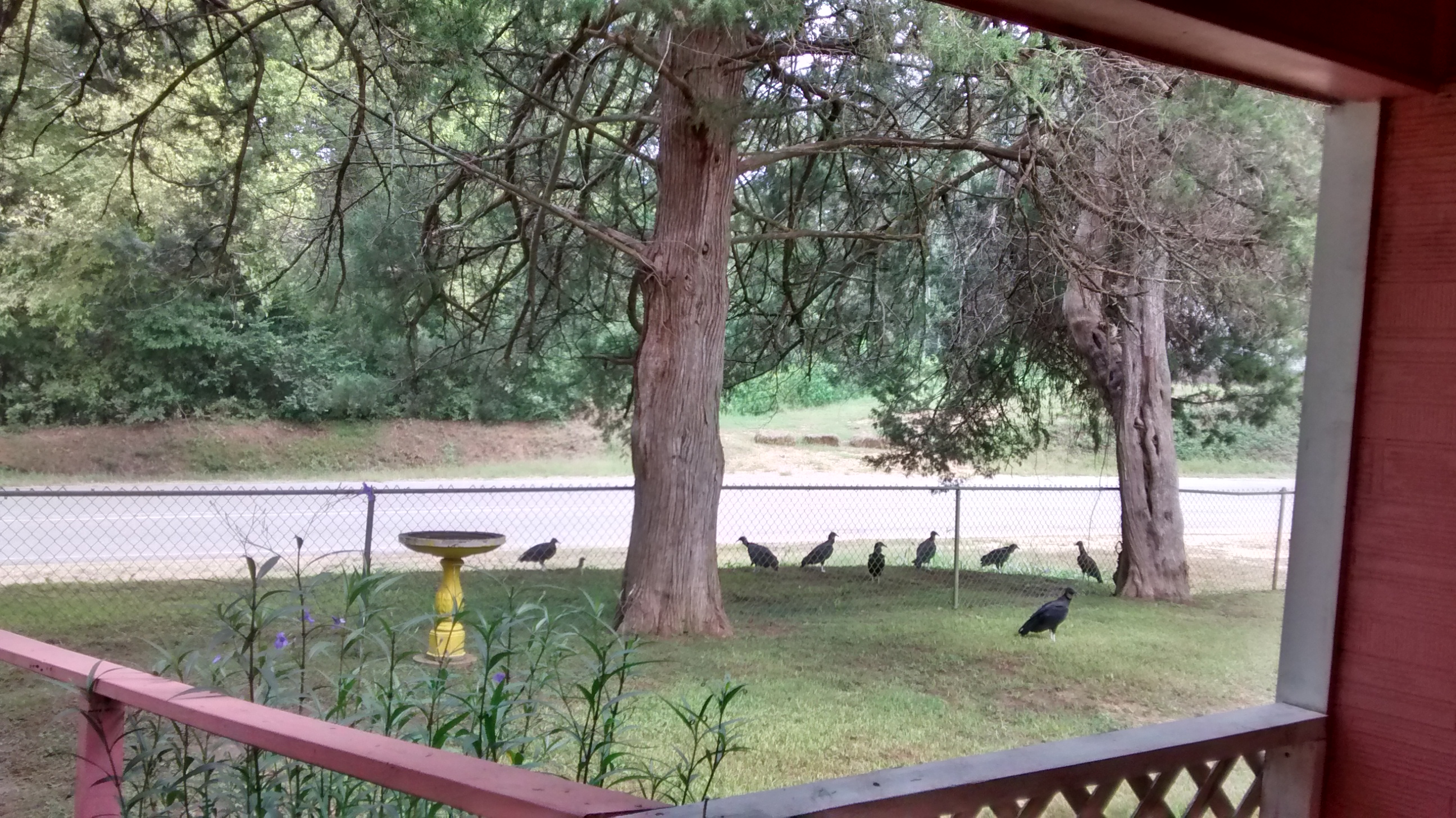 Millions are hacked each second and don’t even know it. How does one know? There are many obvious signs. For example, you may start getting unwanted messages from sources claiming to be friendly, foreign “malware” may show up in your system, or you may be alerted to suspicious activities you were completely unaware of. Suddenly, peace of mind vanishes, worry sets in, and annoying “cookies” clutter your life relentlessly. Your “browser” becomes hijacked, and you see only the world that “malware” wants you to see on the “Innernet.”
Millions are hacked each second and don’t even know it. How does one know? There are many obvious signs. For example, you may start getting unwanted messages from sources claiming to be friendly, foreign “malware” may show up in your system, or you may be alerted to suspicious activities you were completely unaware of. Suddenly, peace of mind vanishes, worry sets in, and annoying “cookies” clutter your life relentlessly. Your “browser” becomes hijacked, and you see only the world that “malware” wants you to see on the “Innernet.”
But there are other, more subtle indicators where your “browser,” by lowering security settings, configures “scam sights” as “Favorites” and stores them in its “Browsing History.” Thus, you come to install mundane lifestyles, habits, and urges into your physical “browser” that compromise your access to the “Innernet.” No sooner, you start behaving strangely selfish, emulate mundane “cookies,” and helplessly repeat its longings over and over again. Though you’ve been hacked, and the door is now open for malware to crash your evolution, life still seems perfectly normal, if not more “gainful,” from your perspective. You are not yourself anymore and can’t tell, reflecting upon “malware” you built long ago while regenerating dangerous “cookies” compatible with said malware. Eventually, the “Innernet” shuts down, the only thing left to browse is your own local past repository, and … you crash.
Why does this happen? Users interact with dangerous sights while surfing about the Innernet and associate personal frequencies with untrusted hacktivists. Many hackers use a method called “phishing” that aim to resonate with unprotected thoughts and regenerate negation while appearing to be legit. So, if you’ve been hacked, then what?
a. Reset your awareness, go positive and tune your system
b. Don’t dwell on selfish, defensive, or offensive thoughts: tell me what you think, and I’ll tell you who you’re with
c. Don’t fear being hacked, that makes “Favorites”
d. Don’t engage, fight, or think of hacktivists: turn that channel off, don’t regenerate them
e. Understand your “malware” and associative “cookies,” but adopt a “Do not linger” policy and keep your eyes on a higher prize
f. “Browse” only safe sights approved by the Light, mundane baggage is a dangerous sight
Here’s an example of someone that’s been hacked:
Submitted by: Roberto on 01/25/2016
Add your thoughts, insights, or comments below.
Tagged with: Voice of Unarius

























